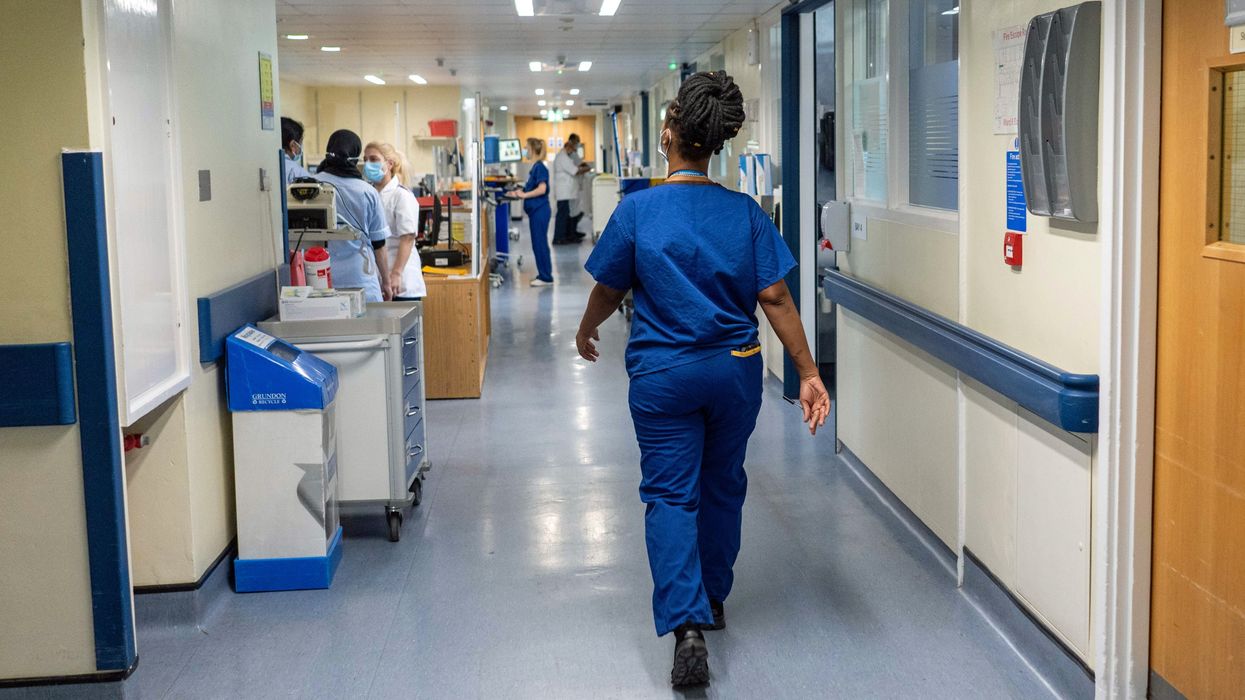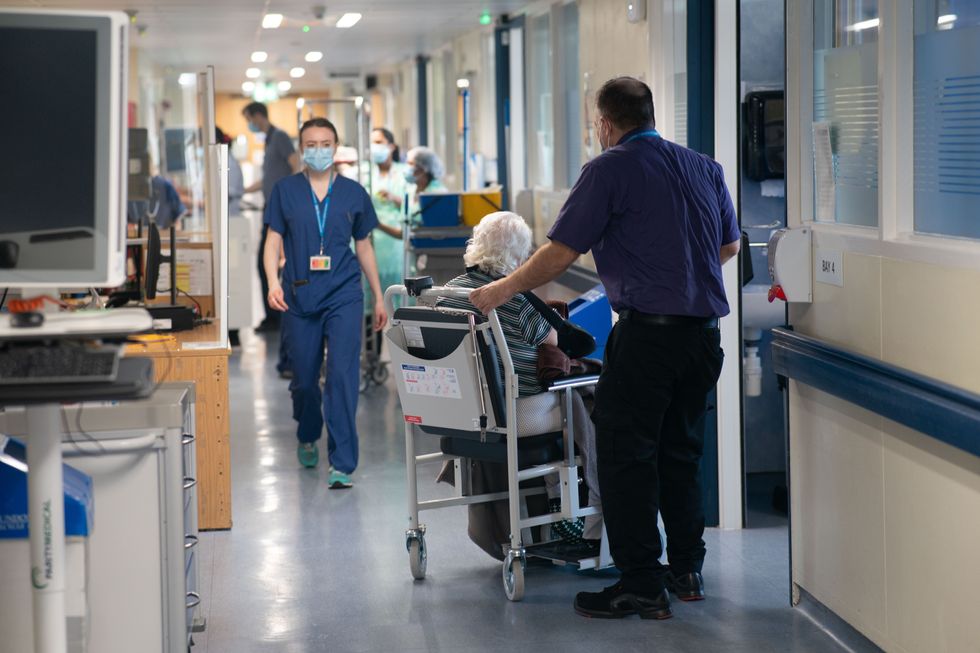NHS given new guidelines for how to treat trans patients with 'safety and dignity'

An NHS ward | PA

The guidance recommended confirming and using a patient's preferred name and pronouns
Don't Miss
Most Read
Latest
The NHS has been given new guidelines on how to treat transgender patients with “safety and dignity”.
A 15-part list of recommendations were sent out following expert advice, including from those at the Royal Infirmary of Edinburgh and the University of Cambridge.
The guidance, which was created independently of the NHS, outlined the use of gender-inclusive language and consideration of where a patient should be accommodated.
Dr Stuart Edwardson, who co-authored the report, claimed guidelines did not exclude using the terms male and female.

The guidance was created independently of the NHS
| PAHe instead suggested that gender-inclusive language could also be used.
Dr Edwardson hopes the guidance will make sure transgender patients' "everyday healthcare is as safe and dignified as it can be”.
He added: "It is significant because we know there is a dearth of knowledge and confidence amongst anaesthetists when caring for transgender and gender diverse patients.
"Importantly, it seeks not to answer any of the legal or societal questions surrounding transgender people at the moment, but instead wishes to add to an evidence to make sure their everyday healthcare is as safe and dignified as it can be."
LATEST DEVELOPMENTS: Trans protesters | PA
Trans protesters | PAThe guidance was published in Anaesthesia and claimed there was "currently no existing guidance covering the scope and focus of this document".
It recommended confirming and using a patient's preferred name and pronouns.
The guidance separately suggested digital pre-assessment questionnaires could allow the person to disclose their gender and sex at birth privately and safely.
However, it advised staff to only reveal a patient’s transgender identity with consent and it should be given the same level of confidentiality as "any other sensitive personal information".

Current healthcare guidance states patients should not have to share accommodation with patients of the opposite biological sex
| PAPatients who identity as transgender should also be cared for in an environment that "respects their gender identity".
The advice added that "in some circumstances, this may involve providing a single room".
Current healthcare guidance states patients should not have to share accommodation with patients of the opposite biological sex.
The NHS said transgender patients can be offered separate accommodation as a proportionate means to a legitimate aim.










